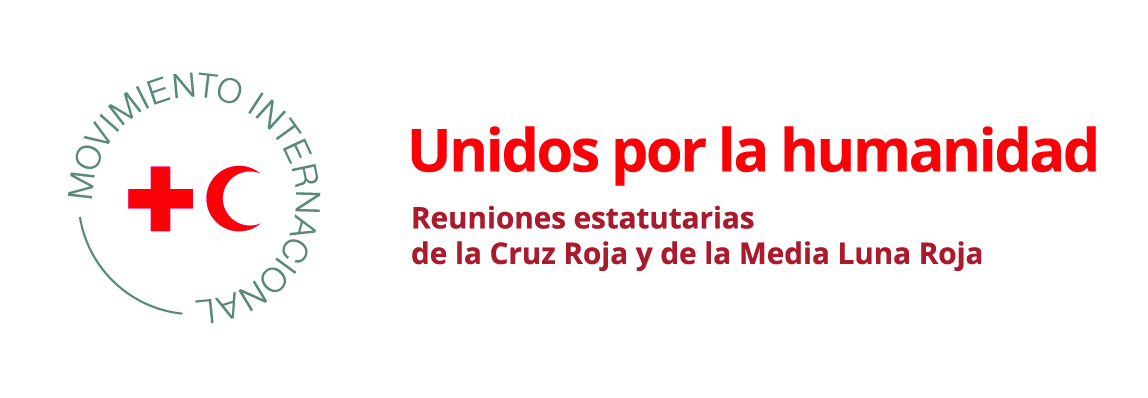Acciones tomadas:
Strengthening Disaster Risk Reduction (DRR) through advocacy, adaptation of the National Disaster Risk Reduction Strategy supported by the Action Plan and support the allocation of resources from the State/donor budgets.
Disaster Risk Reduction for disabled people
Disasters can be devastating events in and of themselves, but they are even more threatening to people with disabilities. Therefore, a crucial goal of Disaster Risk Reduction is to mitigate damage to vulnerable social groups. Through close cooperation of groups of people with disabilities with the Red Cross Society their particular issues are closely heard, their needs identified and unique strategies that correspond to exposed individuals are developed. At the same time, they are informed and educated on their situation, as it is quite often that these people do not know their rights or the procedures to ask for assistance. In addition, small scale mitigation plans are developed together, such as wheelchair accessible ramps in buildings, and disabled people are taught how to apply for actions like these themselves. Furthermore, activities are planned that aim to incorporate them into the local population, thus increasing social integration and acceptance, reducing the stigma and exclusion that follows disability and promoting a more active and healthier lifestyle. People with disabilities while benefiting from this work are also actively giving back to the society by becoming volunteers.
People with disabilities are included in the First Aid courses for volunteers, since each disability requires a different approach, they actively participate in simulation exercises organized by the Red Cross. For example, during a simulation exercise in Sahkhere in Georgia, local volunteers were evacuating children, older people and people with disabilities from a building after an earthquake. A close supervision was ensured by the local fire department and government representatives. In a lot of cases for disabled people, the first Psychosocial Support (PSS) after their accident is provided by Red Cross volunteers, who also facilitate the procedures between the Health Department and various ministries on their behalf and also their wheelchairs are delivered through them.
Finalización de la ejecución:
SíRazones por las que no se ha tomado ninguna acción:
Strengthening Disaster Risk Reduction (DRR) through advocacy, adaptation of the National Disaster Risk Reduction Strategy supported by the Action Plan and support the allocation of resources from the State/donor budgets.
Disaster Risk Reduction for disabled people
Disasters can be devastating events in and of themselves, but they are even more threatening to people with disabilities. Therefore, a crucial goal of Disaster Risk Reduction is to mitigate damage to vulnerable social groups. Through close cooperation of groups of people with disabilities with the Red Cross Society their particular issues are closely heard, their needs identified and unique strategies that correspond to exposed individuals are developed. At the same time, they are informed and educated on their situation, as it is quite often that these people do not know their rights or the procedures to ask for assistance. In addition, small scale mitigation plans are developed together, such as wheelchair accessible ramps in buildings, and disabled people are taught how to apply for actions like these themselves. Furthermore, activities are planned that aim to incorporate them into the local population, thus increasing social integration and acceptance, reducing the stigma and exclusion that follows disability and promoting a more active and healthier lifestyle. People with disabilities while benefiting from this work are also actively giving back to the society by becoming volunteers.
People with disabilities are included in the First Aid courses for volunteers, since each disability requires a different approach, they actively participate in simulation exercises organized by the Red Cross. For example, during a simulation exercise in Sahkhere in Georgia, local volunteers were evacuating children, older people and people with disabilities from a building after an earthquake. A close supervision was ensured by the local fire department and government representatives. In a lot of cases for disabled people, the first Psychosocial Support (PSS) after their accident is provided by Red Cross volunteers, who also facilitate the procedures between the Health Department and various ministries on their behalf and also their wheelchairs are delivered through them.



